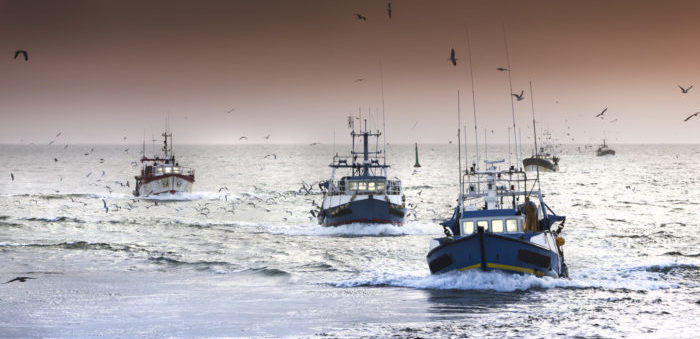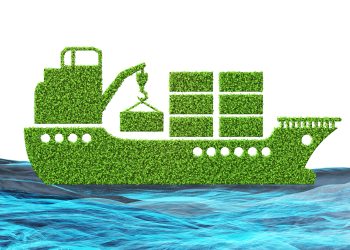The new European Maritime and Fisheries Fund will continue to support the European fisheries sector for more sustainable fishing practices, as it will specifically focus on supporting small-scale fishermen. It will also help grow the potential of a sustainable blue economy towards a better future for coastal communities.
The Fund will strengthen international ocean governance for safer, cleaner, more secure, and sustainably managed seas and oceans. Finally, the European Commission is supporting the environmental impact of the Fund with a focus on protecting marine ecosystems and an expected contribution of 30% of its budget to climate change mitigation and adaptation, aligning with the Paris Agreement.
[smlsubform prepend=”GET THE SAFETY4SEA IN YOUR INBOX!” showname=false emailtxt=”” emailholder=”Enter your email address” showsubmit=true submittxt=”Submit” jsthanks=false thankyou=”Thank you for subscribing to our mailing list”]
Moreover, a particular focus of the Fund will be to support small-scale coastal fishermen, with vessels below 12 metres, which represent 50% of European employment in the fishing sector.
The Commission also proposed to strengthen its support for maritime economy compared to the 2014-2020 period. The maritime fund will enable investment in new maritime markets, technologies and services such as ocean energy and marine biotechnology. Coastal communities will receive more support to establish local partnerships and technology transfers in all blue economy sectors, including aquaculture and coastal tourism.
To ensure that the fund is both efficient and effective, it comprises several new points, such as:
- Simpler and a wider choice for Member States, who will now be able to support their strategic priorities, instead of having to choose from a menu of eligible actions.
- Better alignment with other European Union funds. Rules applying to all structural and investment funds are set out in a Common Provisions Regulation.
- A better targeting of support to the achievement of the Common Fisheries Policy.
As for the future, an agreement on the long-term EU budget and its proposals is vital to ensure that EU funds start delivering results as soon as possible. Delays would mean that the needs of fishermen, coastal communities and the protection of the marine environment will not be addressed as required.
Finally, an agreement on the next long-term budget in 2019 would enable a seamless transition between the current long-term budget and the new one, and would ensure continuity of funding.

































































